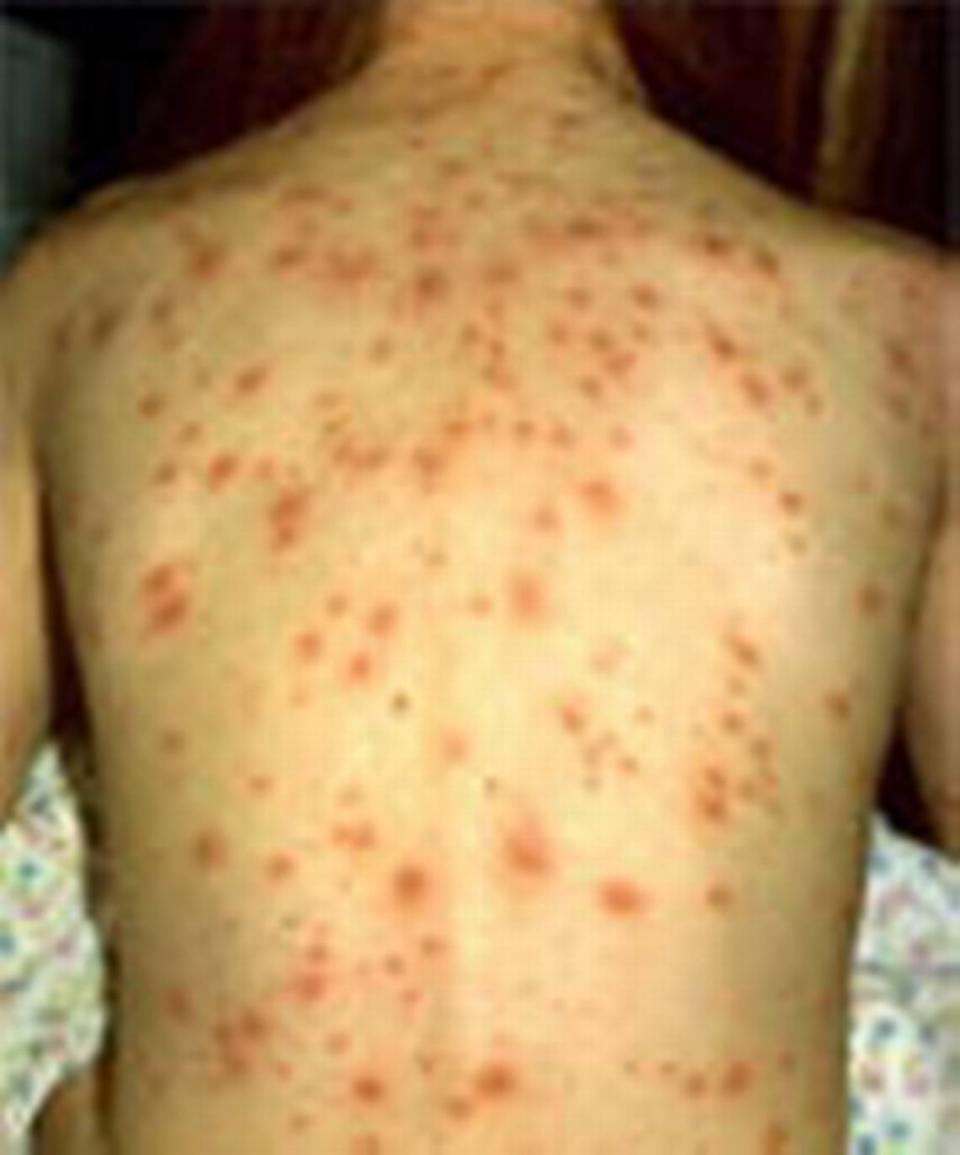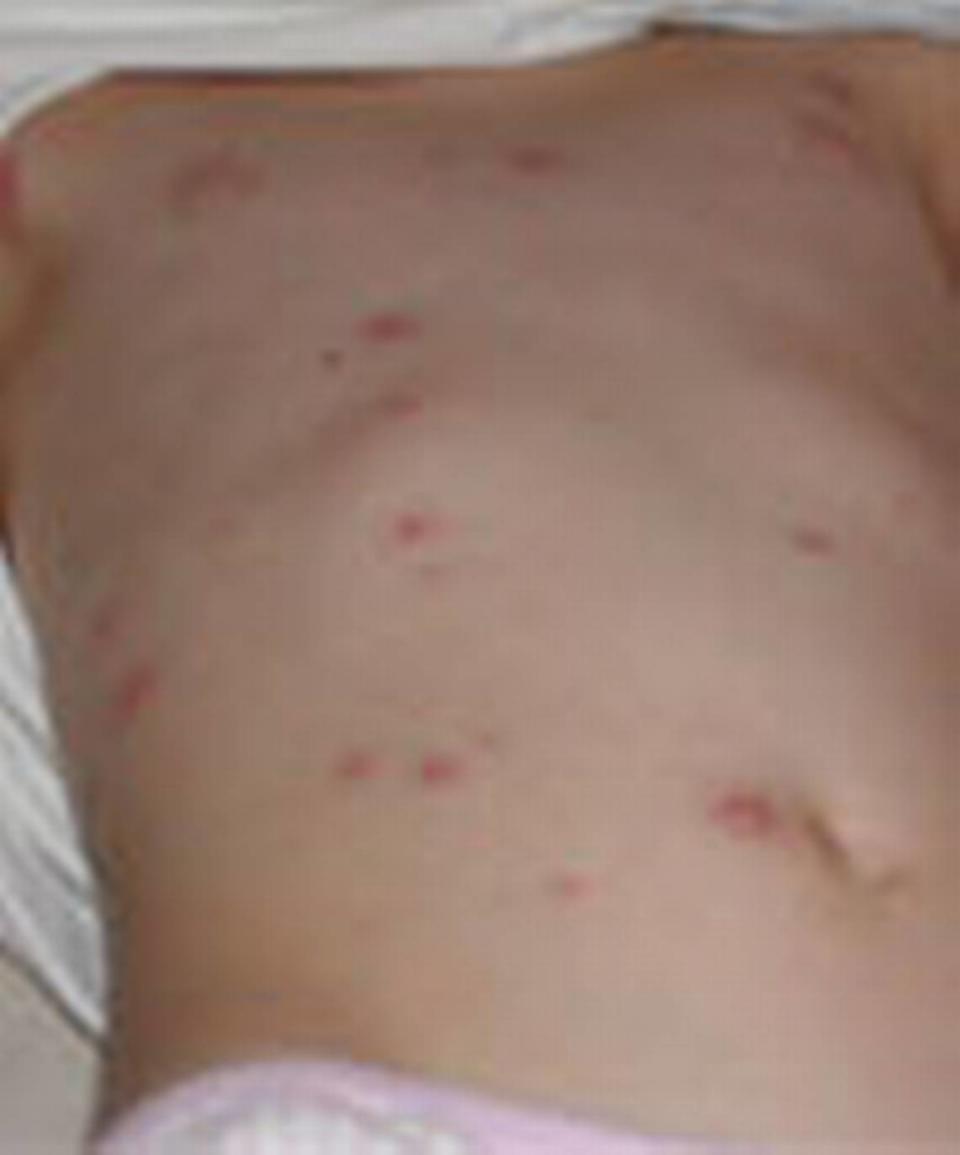Chickenpox case confirmed at TCU campus causing alarm. Here’s what to know
An alert that a case of chickenpox was confirmed in campus on Feb. 17 caused a mild alarm around TCU with students worrying if they would be infected, a university official confirmed to the Star-Telegram.
“The university has confirmed a case of chickenpox, and we are working closely with Tarrant County Public Health,” Holly Ellman, associate communications director said. “We will continue to monitor the situation.”
Chickenpox is a highly contagious illness caused by the varicella-zoster virus that leads to an itchy, blister-like rash among other symptoms. The rash first appears on the chest, back, and face, and then spreads over the entire body. The diseasae can be serious for pregnant women, babies and for those with weakened immune systems.
The health center in the Fort Worth campus is now offering the varicella vaccine for students, faculty and staff. TCU does not require students to have the vaccine before enrolling at the university. But Texas schools do require the vaccine for its students.
⚡ More trending stories:
→ Texas to 'spring forward': When daylight saving time begins
→ How Texas became a hotbed for chupacabra sightings.
→ Is there truth to another mountain lion sighting in Glen Rose?
Because of the vaccine, chickenpox is rarely fatal, according to the CDC. Most adults who have died from the disease contracted the infection from their children who had not been vaccinated.
However, treating the illness is a complicated process. Those who develop the disease should consult a health professional to ensure the infection does not turn into a worse illness like shingles.
How do you know you have Chickenpox?

The tell tale sign of chickenpox is a rash. The CDC said, “ It can cause an itchy, blister-like rash. The rash appears first on the chest, back, and face, and then spreads over the entire body.”
Other symptoms include:
fever
fatigue
loss of appetite
headache.
The illness can last anywhere from four to seven days.
The best way to prevent chickenpox is to be vaccinated. Although you can still be infected after getting the vaccine, your illness would most likely be less aggressive and can be treated quicker.

Home remedies to treat Chickenpox
There are a number of home remedies to treat chickenpox that offer temporary relief, but ultimately seeing a healthcare professional is recommended.
Remedies include:
Vaccine, the best option.
Calamine lotion
Cool baths
Minimize scratching by trimming nails short
Avoid aspirin, instead take acetaminophen
See a doctor if you are unvaccinated, it’s your first case, pregnant, or have any underlying conditions.

